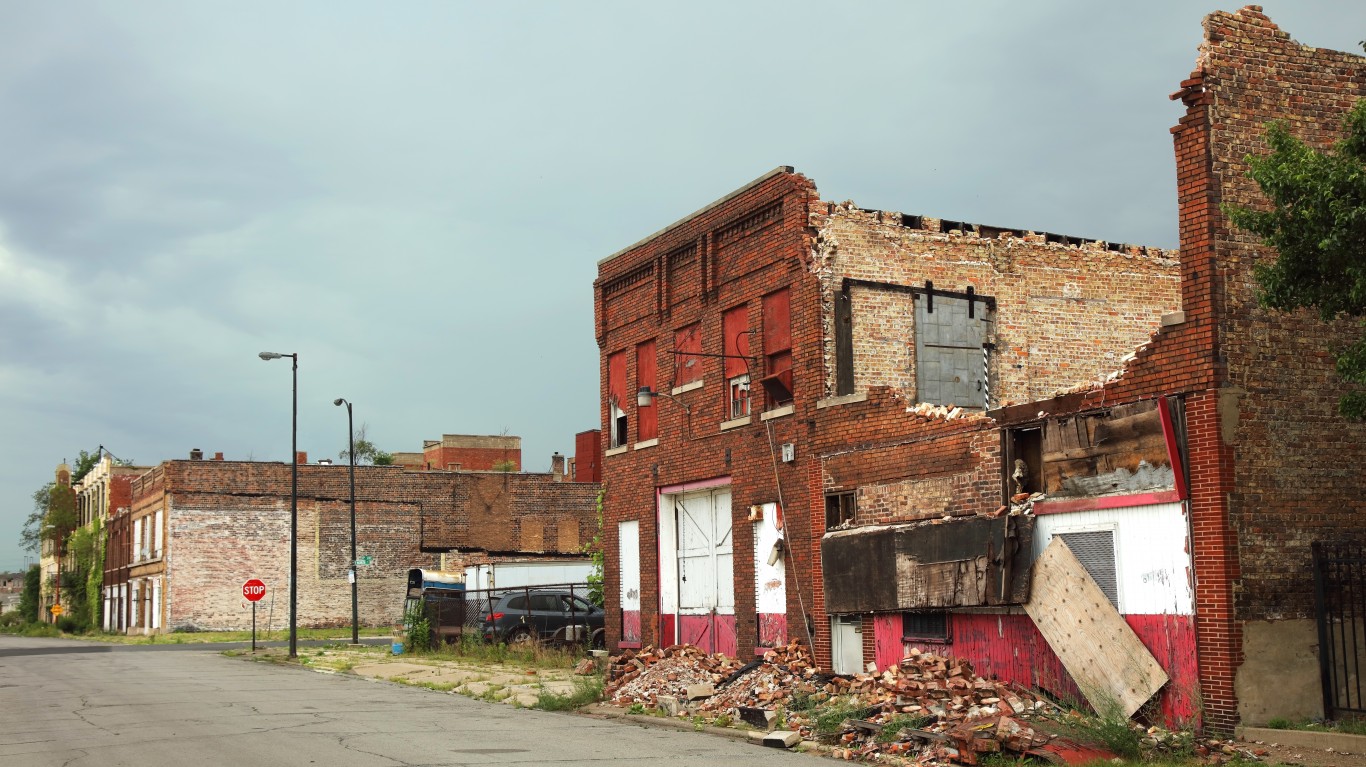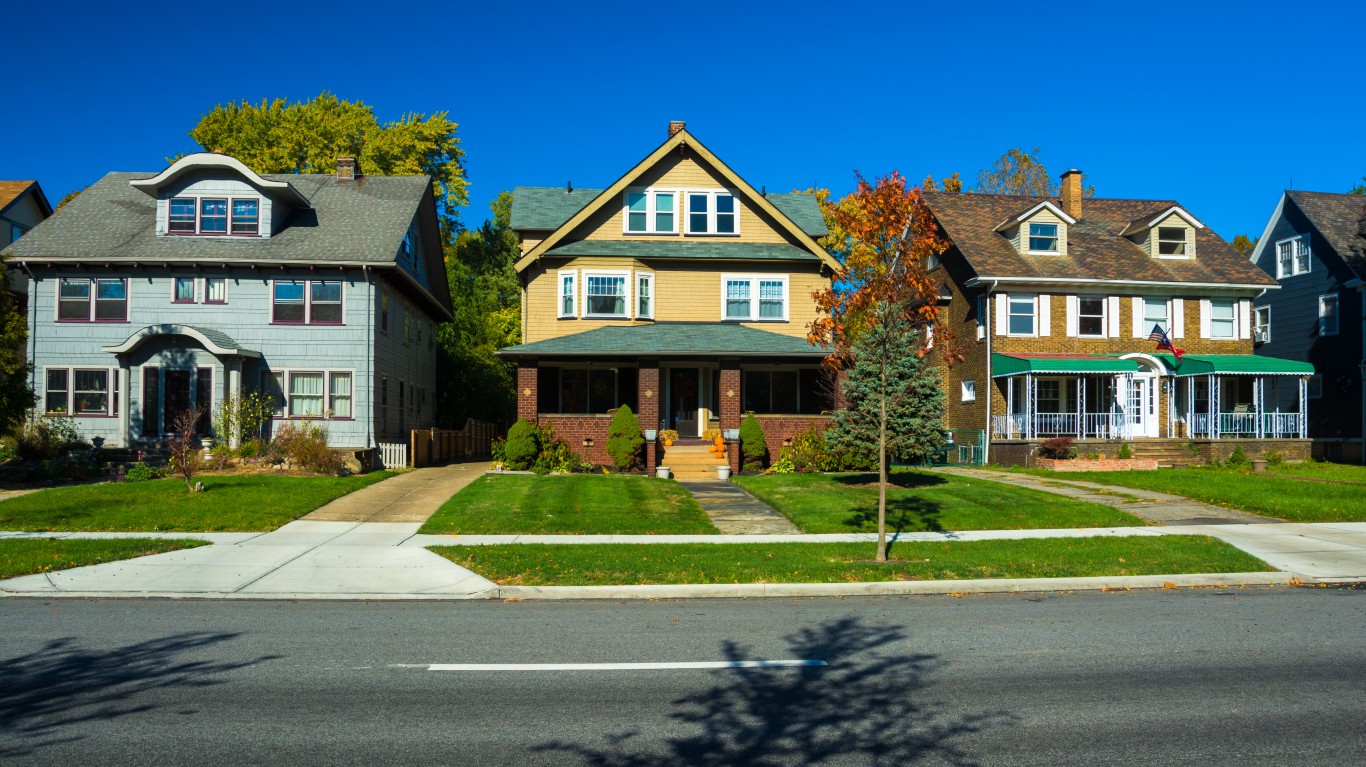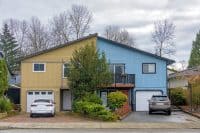
Foreclosures are supposed to be a thing of the past. Tens of thousands of homes fell into foreclosure during the 2008/2009 housing crisis. It took years for home prices to recover. Prices recovered aggressively enough that they rose to records two years ago. Then came 6% mortgage rates, and some homeowners were in trouble again. The recent foreclosure spike is particularly acute in several cities, almost all of which are poor. (These American cities have the most foreclosures.)
[in-text-ad]
Real estate research firm ATTOM recently released its July 2023 U.S. Foreclosure Market Report. A total of 31,877 homes had foreclosed filings (default notices, scheduled auctions or bank repossessions). That is one of every 4,830 housing units in America.
ATTOM also looks at cities. This yardstick includes the numbers for metros with populations of over 200,000. In July, the city hit the hardest by foreclosures was Fayetteville, N.C., where one in every 1,367 housing units had a foreclosure filing. It was followed by Atlantic City, N.J., with 1 in every 1,708 housing units; Columbia, S.C., with one in every 1,747 housing units; Trenton, N.J., with 1 in every 1,870 housing units; and Cleveland, Ohio, with 1 in every 1,957 housing units.
Fayetteville has 208,873 residents, 41% of which are white and 42% Black. The median household income is $48,923, almost $20,000 below the national figure. The poverty rate is 19.1%, which is well above the national number.
The demographic profile of Atlantic City is even worse than Fayetteville’s. It is smaller, with a population of 38,561. Twenty-one percent of the population is white, 33% is Black and 32% is Hispanic. The median household income is an extraordinarily low $29,733. The poverty rate is 37%, one of the highest of any city in the country.
Foreclosure rates in these cities and others of America’s poorest cities will always be higher than the national average. When the cost of food, transportation and energy are taken into account, many of the residents simply have no money left over for housing.
Are You Ahead, or Behind on Retirement? (sponsor)
If you’re one of the over 4 Million Americans set to retire this year, you may want to pay attention.
Finding a financial advisor who puts your interest first can be the difference between a rich retirement and barely getting by, and today it’s easier than ever. SmartAsset’s free tool matches you with up to three fiduciary financial advisors that serve your area in minutes. Each advisor has been carefully vetted, and must act in your best interests. Start your search now.
Don’t waste another minute; get started right here and help your retirement dreams become a retirement reality.
Thank you for reading! Have some feedback for us?
Contact the 24/7 Wall St. editorial team.
 24/7 Wall St.
24/7 Wall St.



